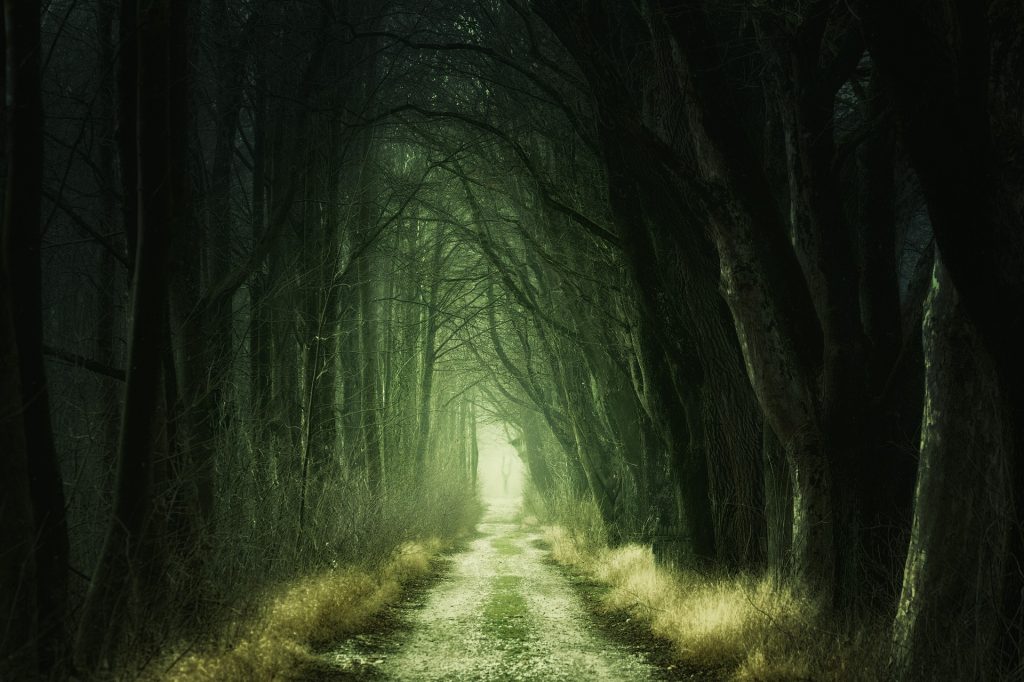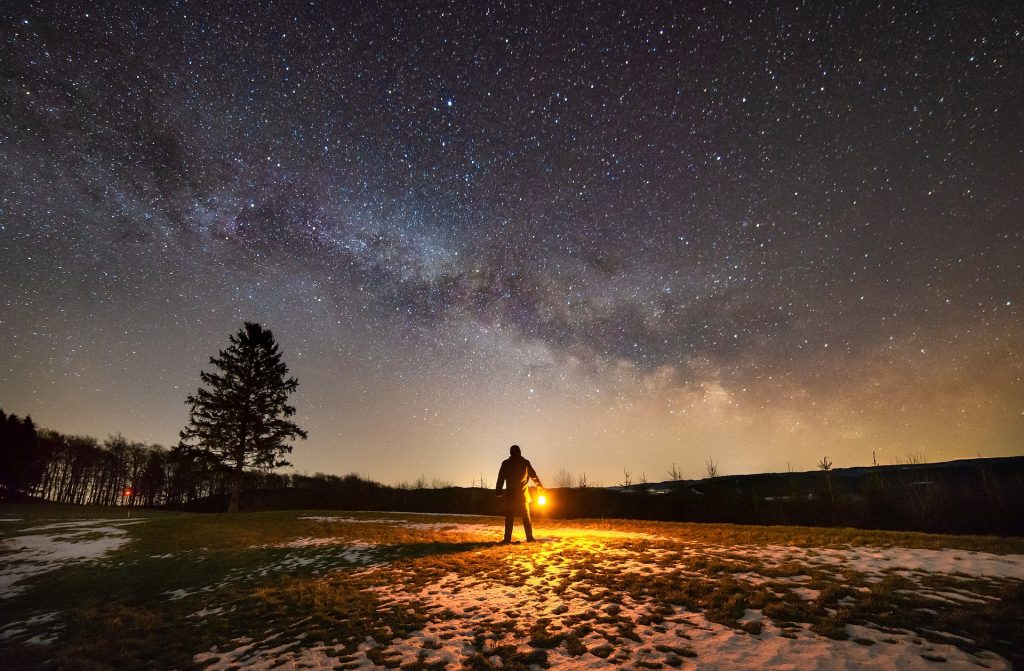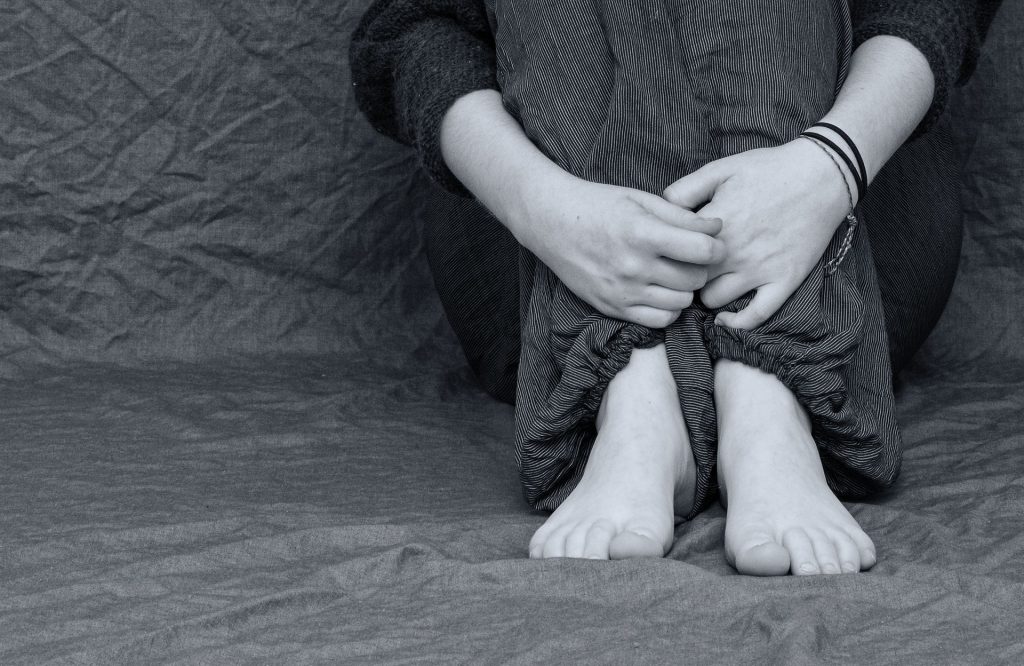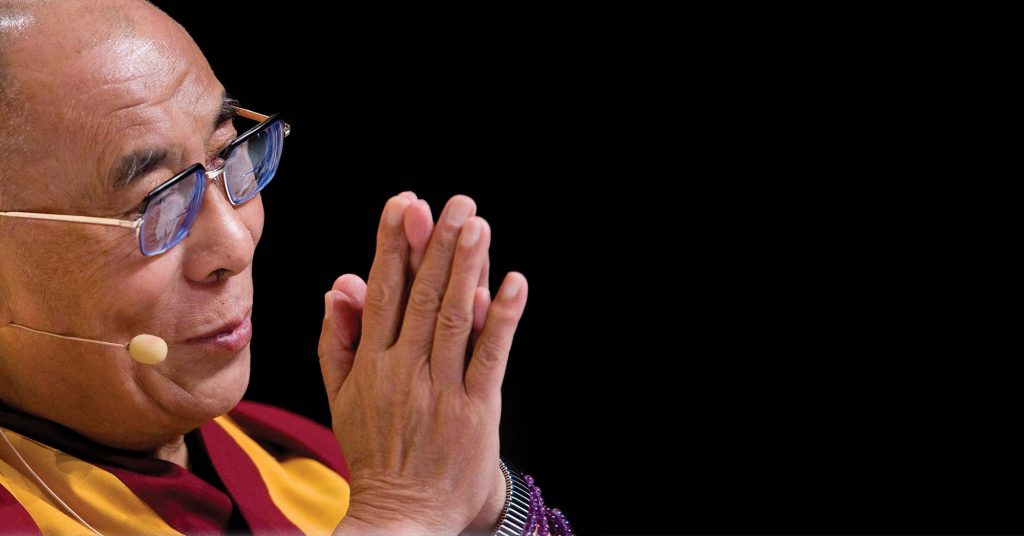Everything you want is on the other side of fear
Fears are something that is present in the life of every living person. But the choice is whether to use them as a force that moves us forward, that keeps us awake, or to give in to them, become their victim, let them paralyze us and live our lives as a nightmare, forever haunted by shadows .
We will not delve into the gender differences in general, but we must note that the man is primarily a thinking being, and the woman - a feeling one. Even if we delve into the nature of the fears of both sexes, we will find that one fear is based on logic and the other on emotions and feelings.
To clarify what I mean, I will give the following example. Scientists and clinical psychologists from Columbia in the late 1980s found that for both men and women the greatest fear is the fear of death. But the study proved its thesis in two main directions. In the case of male individuals, this fear affected their own personality, i.e. the fear of their own physical death, while for the woman the main fear was the fear of losing a loved one - a parent, a child, a friend. If we take these two types of fear to an analytical level, we will find that the basis of the man's fear is the instinct of self-preservation, while the woman's is based on her sensitivity and that of becoming vulnerable and weak, facing the physical loss of someone , whom he loves.

But fear itself is an emotion that causes a change in the brain and leads to visible changes in a person's behavior - he becomes paralyzed, behaves inappropriately, runs away or hides. And since the phobia in its essence operates on a subconscious level, it is assumed that women are more fearful than men.
However, psychologists argue that fear itself is necessary for a person to protect themselves from real danger, whether physical or emotional. But while the man's brain registers certain factors from the surrounding reality as dangers, the woman reports, or rather intuitively feels, others. Also, very often fear is triggered in situations that have no rational explanation (like fear of whistling wind, for example). Trauma and bad experiences can also trigger a reaction in us. But still, getting to know our "demons" is necessary to determine which of our fears are illusions and which are real.
We will not talk about phobias of different objects, animals or phenomena, but we will look at several of the main fears that prevent us from growing as individuals and we will look at them through the lens of both sexes. These are fear of the unknown, fear of commitment, fear of failure, and fear of rejection. However, let us not forget that at the root of all these fears is the fear of death, be it physical or emotional.
The fear of the unknown is essentially a fear of tomorrow, of the future, of the afterlife, what comes after the death of our physical body. Fear of the unknown may be reason man not to follow his dreams and ambitions. However, if this inner resistance is overcome and fear is used constructively, one can expand the boundaries of one's knowledge and achieve ingenious discoveries. Imagine how little we would know about the world and space if all discoverers and explorers had succumbed to their fear of the unknown!
Refracted through the prism of the male brain, this fear in its depth is logical. I am afraid of what I do not know, and therefore I must get to know it, gather data and facts about it, so that I do not feel this emotion. And since it is in a man's nature to explore the world around him, he overcomes this fear much more easily than a woman.
On the other hand, a woman is drawn to the unknown like a butterfly to a lamp. She doesn't need facts and data about what scares her. Her brain registers fear at a subconscious level, but she has a hard time explaining to herself what danger lies behind this emotion. In the specific case of the fear of the unknown, the danger is illusory, not real, as it is with the fear of death, for example.
Mark Twain said: "Having courage is not not being afraid - it's being afraid and still having the will to carry on."

Another very common fear is the fear of commitment. This is not just about the relationship between a man and a woman, but relationships in general. This fear is inherent in the majority of men, especially when we consider the male-female relationship. Research by psychologists has identified several aspects of this fear. Its essence lies in two of them. The first is the fear of becoming vulnerable and being hurt, which is inherent in women as sentient beings, and the second is the fear of falling into a "trap" or "prison", which is more familiar to male individuals who are more freedom-loving by nature.
In this regard, Paulo Coelho says: "Freedom is not the absence of commitment, but the ability to choose - to commit myself to what is best for me!" And in order for a person to be able to commit, he must first have a strong connection with himself, and fears definitely prevent that.
Fear is never pure. It flows from one to another or is a mixture of several types of fear. Such is, for example, the fear of failure, which is often based on and transformed into a fear of rejection. Both types of fear are not gender specific, i.e. both men and women suffer from them as they start in childhood. Again, the man bases this fear on facts and the woman on feelings.
The fear of failure, as I already mentioned, originates in childhood. Adults constantly reprimand children for their mistakes instead of teaching them that success comes after a series of failures and that "failure is just an opportunity to start over, but with more sense" (Henry Ford).
Brian Tracy says that “it is fear that stops many people from taking a step forward into the unknown. And when we are afraid that we will fail, we often start doing quite unproductive things. The worst thing is that we surrender in advance". I would add that through our fear of failure we predetermine our downfall.
The foundation of the fear of rejection is also "laid" in early childhood. This fear is triggered when children start kindergarten and are separated from their parents for the first time. Psychologists say that if this fear deepens, the possibility of a person being rejected is very real, because his behavior changes. In an effort to please others, a person cannot relax and be himself, begins to behave timidly and insecurely. As a result, a vicious cycle occurs - the fear deepens, the behavior becomes even more strange, and a person really reaches the point where he is rejected. To overcome this fear, a person must accept himself as he is, stop trying to please everyone at all costs. However, let's not forget that people accept us the way we see ourselves.
Each person is a unique part of the world. Each of us carries our fears in an invisible backpack on our backs. But the truth is, we have the choice to use our fears as a driving force instead of a stumbling block.
Dostoyevsky said: "Everything is in the hands of man, and everything slips under his nose only out of fear."
Gnezdoto.net







Facebook Comments